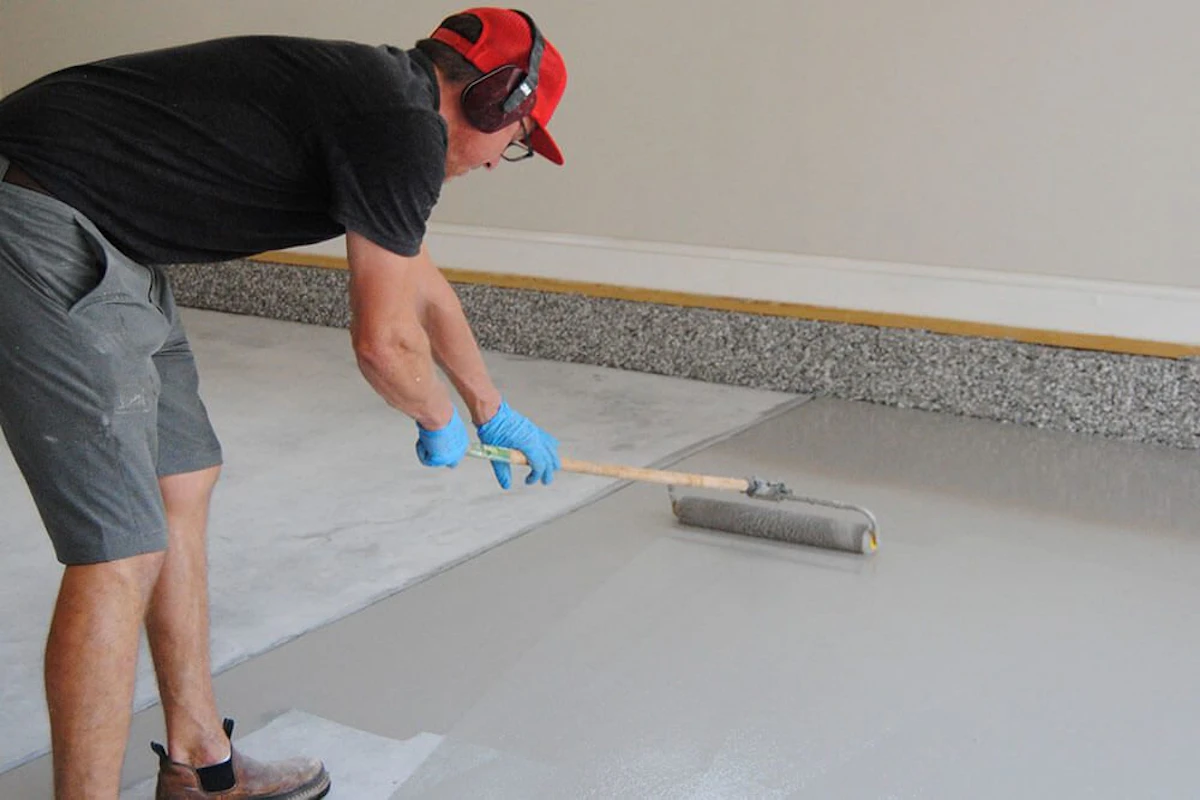
Efficiency Unleashed: A Comprehensive Guide to Maintaining a Water Softener
Hard water can wreak havoc on your appliances, plumbing, and even your skin and hair. To combat this, many households rely on water softeners. However, ensuring their continuous efficiency requires proper maintenance. In this guide, we’ll delve into essential tips to keep your water softener operating at its best.
Understanding the Basics: How Water Softeners Work
Before diving into maintenance, it’s crucial to understand the basic principles behind water softeners. These devices work by removing minerals like calcium and magnesium from the water, preventing the negative effects of hard water. The primary components include a resin tank, brine tank, and control valve. Familiarizing yourself with these elements sets the stage for effective maintenance.
Regular Check-ups: The Key to Longevity
Similar to any other household appliance, regular check-ups are essential for maintaining a water softener. Schedule routine inspections to ensure there are no leaks, the resin tank is functioning correctly, and the brine tank is free from salt buildup. Catching potential issues early on can prevent more significant problems down the line.
Salt Levels: The Lifeblood of a Water Softener
One of the critical elements in water softener maintenance is monitoring and replenishing salt levels. The brine tank, responsible for creating the brine solution that regenerates the resin tank, requires an adequate salt supply. Regularly check the salt levels and top up as needed to ensure seamless operation. This simple task significantly contributes to the effectiveness of your water softener.
Resin Tank Cleaning: Maintaining Peak Performance
Over time, the resin tank can accumulate sediment and impurities from the water softening process. Periodically cleaning the resin tank is vital for maintaining peak performance. Follow the manufacturer’s guidelines for cleaning solutions and procedures. This step is particularly crucial in areas with high iron content, as iron can coat the resin beads and reduce efficiency.
Brine Tank Cleaning: A Preventive Measure
The brine tank is susceptible to salt buildup, creating a crusty layer that can impede the regeneration process. Prevent this by periodically cleaning the brine tank. Empty any remaining salt, scrub the tank’s interior, and rinse thoroughly before refilling with fresh salt. This proactive measure ensures a continuous supply of brine for regeneration.
Checking Water Hardness: Adjusting Settings as Needed
Water hardness can fluctuate over time due to changes in the water supply. Periodically check the water hardness level and adjust the settings on your water softener accordingly. This ensures that the system is effectively removing the right amount of minerals to maintain softened water. Most modern water softeners have user-friendly controls for such adjustments.
Inspecting the Bypass Valve: Preventing Unwanted Issues
The bypass valve allows you to temporarily disable the water softener when necessary, such as during maintenance or when watering plants. Regularly inspect the bypass valve for any signs of leaks or malfunctions. A well-maintained bypass valve ensures that water is directed through the softener when needed and bypasses it when not required.
Consulting the Manual: Manufacturer Guidelines
Every water softener is unique, and manufacturers provide specific guidelines for maintenance in the user manual. Make it a habit to consult the manual regularly for recommended maintenance schedules, cleaning procedures, and troubleshooting tips. Following the manufacturer’s guidelines is crucial to preserving your water softener’s warranty and ensuring optimal performance.
Professional Servicing: When in Doubt
While many aspects of water softener maintenance can be done by homeowners, some tasks may require professional servicing. If you encounter complex issues, leaks, or if your water softener is not operating as expected, don’t hesitate to seek the expertise of a professional technician. They can diagnose problems accurately and perform necessary repairs.
Conclusion: A Prolonged Life for Your Water Softener
Maintaining a water softener is a straightforward yet essential aspect of homeownership. By following these tips, you not only ensure the longevity of your water softener but also enjoy the continuous benefits of softened water. For more in-depth insights and expert advice, explore DesigningTemptation.com for additional resources on maintaining a water softener and optimizing its performance.



